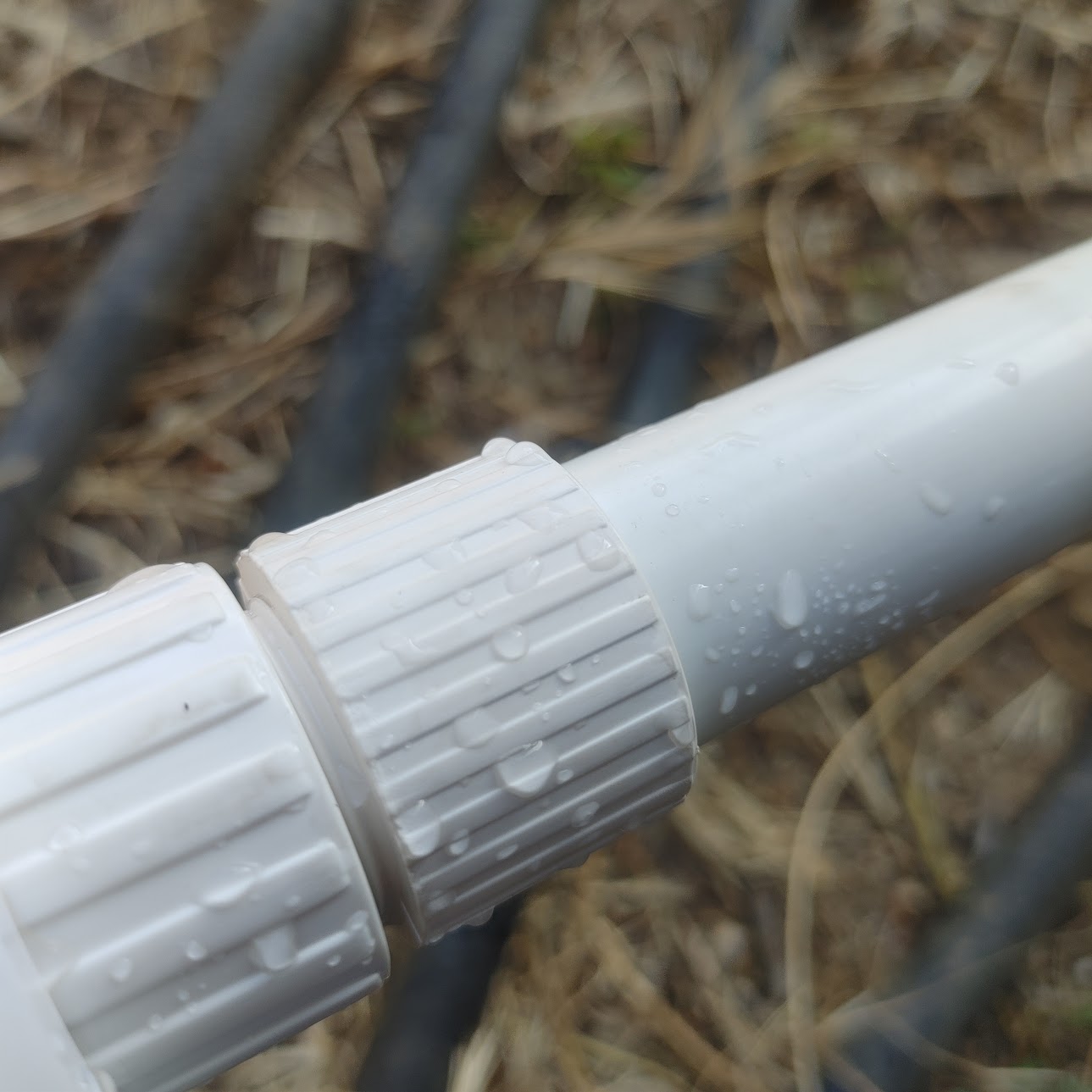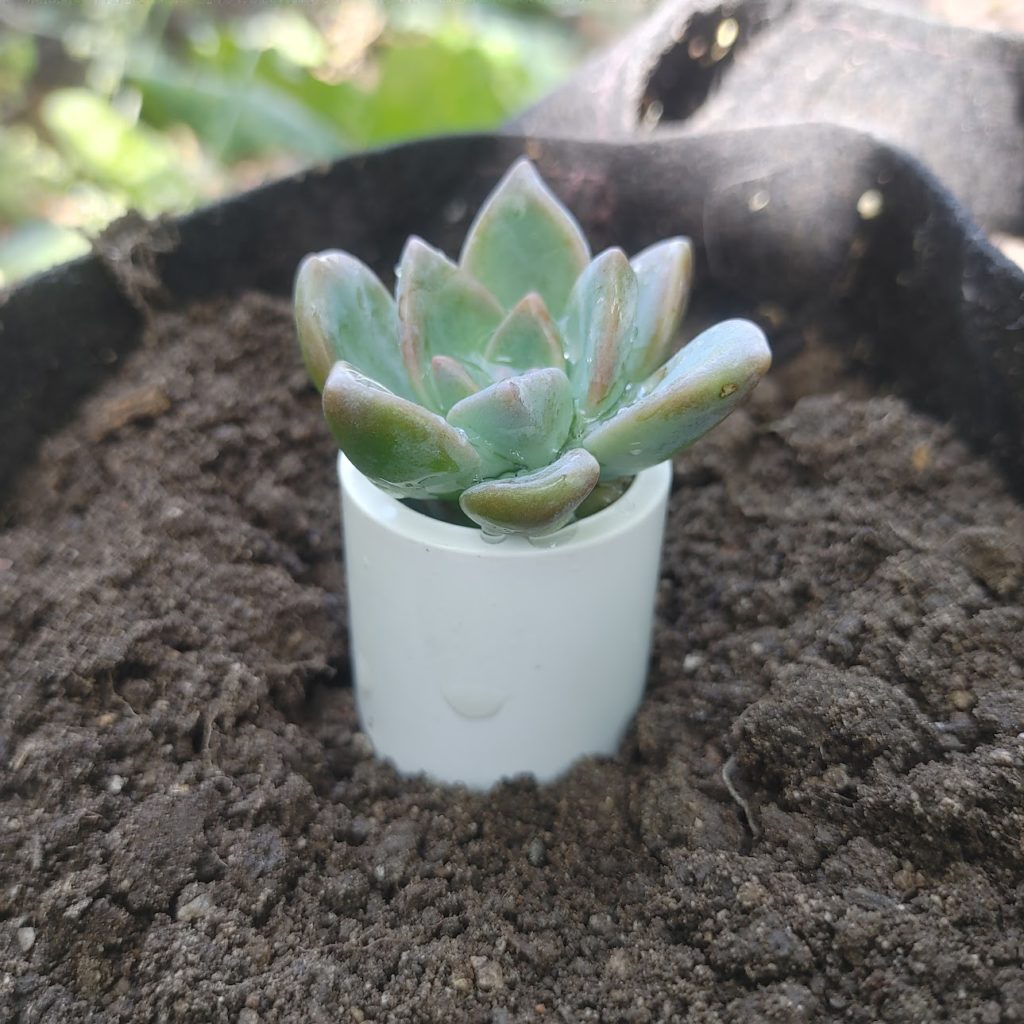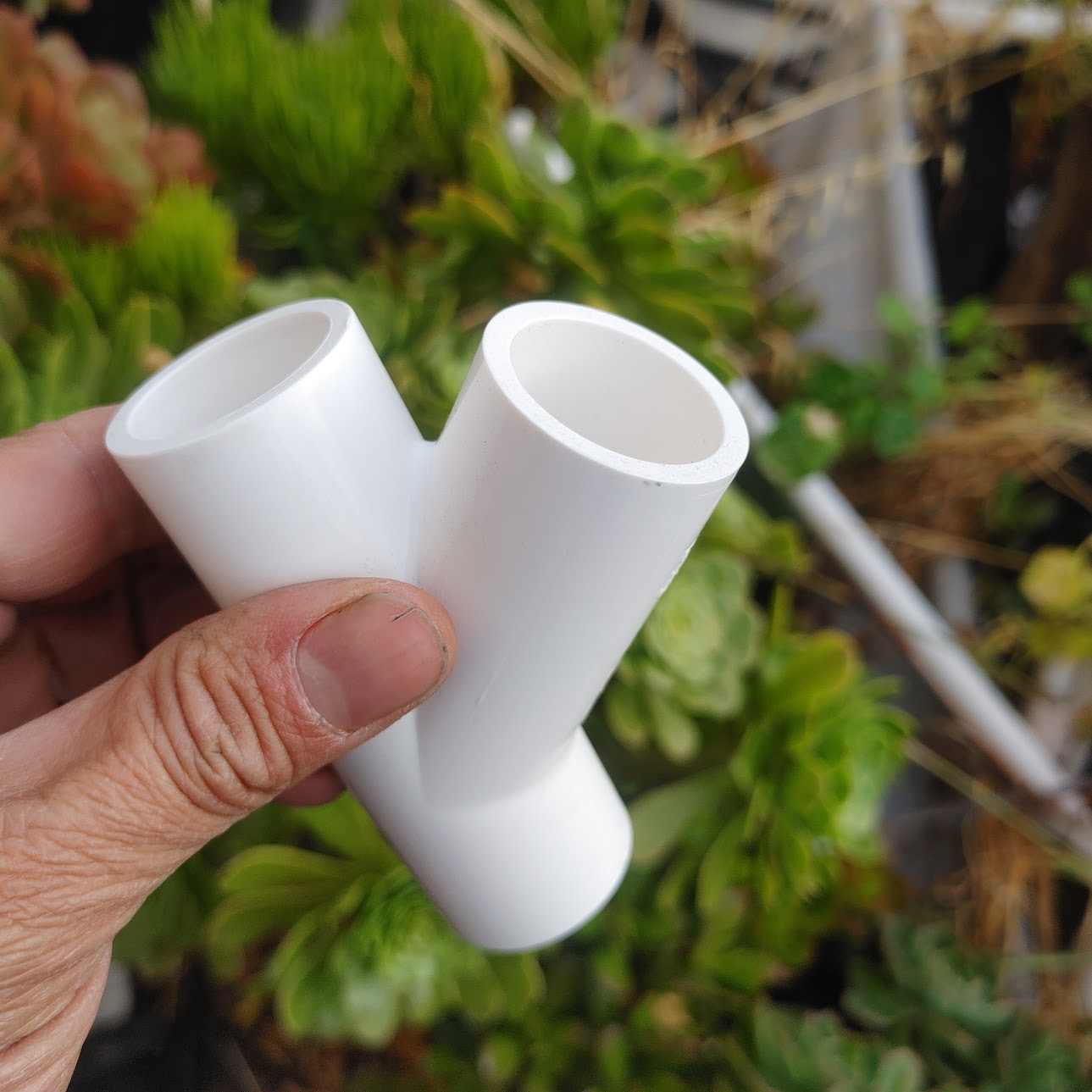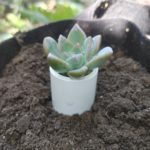When it comes to choosing pipes and fittings for various plumbing and construction needs, PVC (polyvinyl chloride) has emerged as a popular choice due to its durability, affordability, and versatility. PVC pipes and fittings are commonly used in residential, commercial, and industrial applications for transporting fluids and gases. However, it is essential to consider certain factors to ensure that the PVC pipes and fittings being utilized are safe and non-toxic.

In recent years, concerns have been raised regarding the potential health and environmental hazards associated with PVC products. PVC pipes and fittings can contain additives, plasticizers, or stabilizers that may leach into the water or air, posing a risk to human health and the environment. To mitigate these concerns, manufacturers have developed various types of PVC pipes and fittings that are considered safe and meet specific standards for health and environmental sustainability.

When selecting PVC pipes and fittings, there are several types and factors to consider to ensure their safety. These considerations go beyond just the material itself and delve into the additives, certifications, and manufacturing processes. By understanding these aspects, consumers can make informed choices that prioritize health and environmental well-being.

This article aims to provide an overview of the types and factors to look for when selecting PVC pipes and fittings that are considered safe. By being aware of these considerations, individuals can confidently choose PVC products that meet the necessary standards and minimize any potential risks associated with toxicity or harm. Let's explore these aspects in detail to make informed decisions about PVC pipes and fittings for various applications.


Here are some types and factors to look for when selecting PVC pipes and fittings that are considered safe:
- Schedule 40 NSF-PW: Look for PVC pipes and fittings that are labeled as Schedule 40 NSF-PW (National Sanitation Foundation-Potable Water). These designations indicate that the materials meet specific standards for use in plumbing systems and are suitable for conveying potable water. Certified for Potable Water ensures that the PVC pipes and fittings are specifically certified for use with potable water. This certification ensures that the materials are safe and suitable for carrying drinking water without contamination.
- Schedule 40 NSF/ANSI 61 Certification: NSF/ANSI 61 is a certification program that verifies the safety of materials used in drinking water systems. Look for PVC pipes and fittings that are certified under this standard, ensuring that they have undergone testing for leaching of potentially harmful substances into the water.
- Schedule 40 BPA-Free: Bisphenol A (BPA) is a chemical commonly used in the production of plastics, including some types of PVC. However, BPA has raised concerns about its potential health effects. Look for PVC pipes and fittings that are labeled as BPA-free, indicating that they do not contain this chemical.
- Manufacturer Reputation: Choose pipes and fittings from reputable manufacturers known for their commitment to quality and safety. Look for manufacturers that comply with relevant industry standards and regulations, and have a track record of producing safe and reliable products.
- Consult Professionals: If you have specific concerns or requirements, it is advisable to consult with plumbing professionals, engineers, or local authorities who can provide guidance on the appropriate PVC pipes and fittings for your specific application.
By considering these factors and choosing PVC pipes and fittings that meet relevant standards and certifications, you can help ensure that they are not harmful or toxic, providing a safe and reliable plumbing system.

